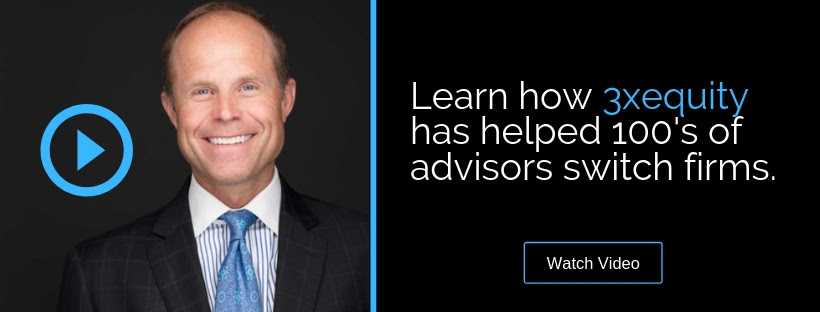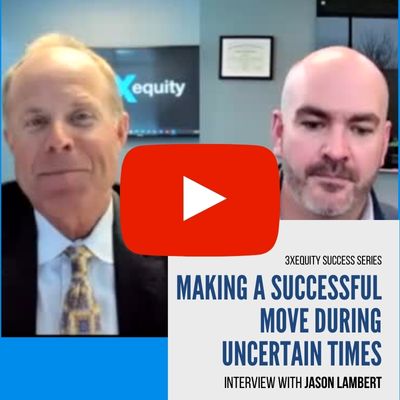In the world of wirehouse wealth management and their legions of lawyers it’s shoot first and ask questions later. Limited, if any, due process for the accused or if they happen to be in the remote vicinity of alleged wrongdoing. It’s why the role of branch manager is as difficult a job as there is in today’s wealth management world.
A case that was just reversed via arbitration found the brokers to have not been at fault and their manager not only to not have been responsible but to have zero knowledge of the alleged (and now disproven) claims. Still, he was fired before the truth was adjudicated.
Take a look at the cautionary tale via AdvisorHub:
“A three-person arbitration panel last Friday ordered expungement of a complaint on the Central Registration Depository (and BrokerCheck) records of Jeffrey Crystal and five other current and former Morgan Stanley employees who were accused by two customers of negligent supervision that contributed to their losses.”
“Morgan Stanley permitted Crystal to resign following “public revelations” about the misconduct of former broker Barry Connell, an 18-year wirehouse veteran who pleaded guilty to stealing from clients in December, according to the BrokerCheck records of six advisors. Connell was barred by Finra in 2017 for failing to pay Morgan Stanley $300,000 owed on “forgivable loan” promissory notes that he had signed during his employment.”
“Last week’s decision was bittersweet for Crystal. Morgan Stanley wrote in its U-5 dismissal form that it did not believe he was aware of the broker’s misconduct but mutually agreed to the termination.”
It’s the equivalent to being falsely accused yet agreeing to an over the top plea deal for fear of larger and more egregious penalties. Being bullied into a confession, so to speak, via a ‘mutually agreed termination’.
What in the world does ‘mutually agreed termination’ even mean? Insert expletive here. ‘Sir, we are going to terminate your employment, do you agree? You do? Great. We have mutually agreed to terminate you.’
Never a day goes by when these firms and their attorneys don’t spin a new tale that confounds. (**head slap).




